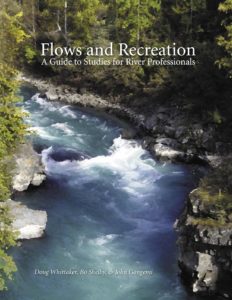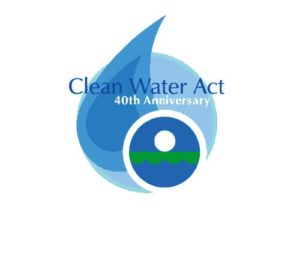Why?- because river advocacy is cultural preservation
Kayeloni Scott, Communications Director at American Rivers, is a Spokane Tribal member and Nez Perce descendant who grew up in the Pacific Northwest.
The question was recently posed: What is your “why”? Why do I do this work? My immediate thought was, it just happened. As I reflected a little more, I do recall when the flip switched…
I’ve always been told that our Tribal history and culture are embedded in our songs and stories. This was vividly brought into perspective when a friend shared a story about taking their father to an old fishing spot that no longer had salmon; because of this they hadn’t been back there in years.
As they arrived, the father marveled in the special place and he began to sing. He sang a song his child had never heard and as he finished, he shared how he had forgotten this song of his ancestors. Coming back to this place allowed him to recall and share the song, its history, and meaning. This song, this piece of history, may have very well been lost forever had they not returned.
As I reflect on this story, I realize how minor this may seem to some. After all, what is the value of a single song? Short answer- you can’t put a price tag on it. For a group of people who have fought for centuries just to retain their culture; a single song could be the difference between extirpation and a path to healing. To think that a place could be the catalyst to healing, one must wonder what happens when even less, or worse, no salmon return to these places? We have to go elsewhere, and the songs and stories recalled at those particular locations are lost with the salmon.
Flash forward to when Rep. Mike Simpson released his Columbia Basin Initiative. Working for the Nez Perce Tribe, I was pulled in to provide communications services to advocate on behalf of this proposal. It was the job, something I was being directed to do. While I knew it was important, I was on cruise control just doing what needed to be done. During a meeting of Tribal leaders, one leader shared their reality.
This Tribe is what you’d call “a blocked nation”, meaning salmon can no longer reach these homelands. Meaning, their younger generations have never experienced fishing for salmon and all the history and traditions that come along with it. During this emotional story, the Tribal leader shared how they were able to start hosting these “cultural experiences” where they unloaded salmon from the back of a truck into a river just so The People could experience this part of their culture. For that Tribal leader, witnessing the joy in the children’s faces and the elders teaching the children how to fish traditionally, was a reminder of why they continue to fight to bring the salmon back.
For me, it was an eye opener to a harsh reality that is at our doorstep on the Snake River. It was in that moment I remember telling myself, “This cannot happen to my people or any other Tribes.” I couldn’t grasp the idea of my nieces and nephews not being able to learn these traditions. I couldn’t bear the thought of my dad no longer being able to partake in something that feeds his soul.
That moment is my why. The reason I’ve continued to advocate. Not because I want to, because I have to. Being privy to this information, it is my responsibility and obligation to use the skills I possess to help uphold our ancient covenant with salmon.
Salmon People are not Salmon People without their cultures and traditions; salmon are the cornerstone to both.
In a world where salmon are already in an uphill battle with climate change, we must make every effort to mitigate the impacts that we do have control over. The loss of a critical species such as salmon is unacceptable. The loss of a culture that is vital to the wellbeing of our country is unfathomable.
Salmon and their needs must be put first, for once! We can no longer sit back and act like the loss of their existence doesn’t have grand impacts.
The time to speak loud and clear, is now.


